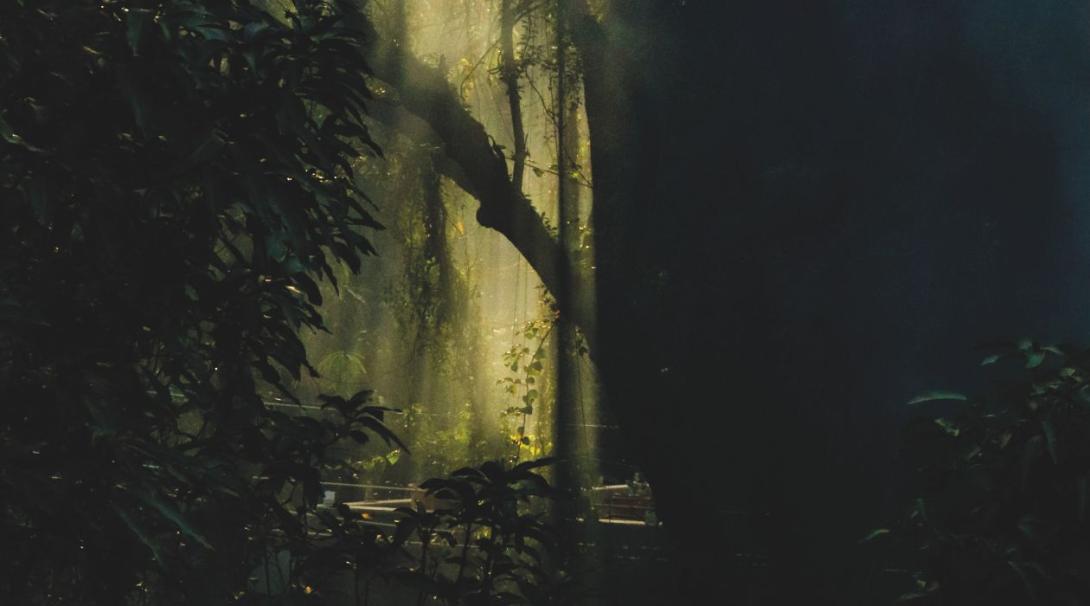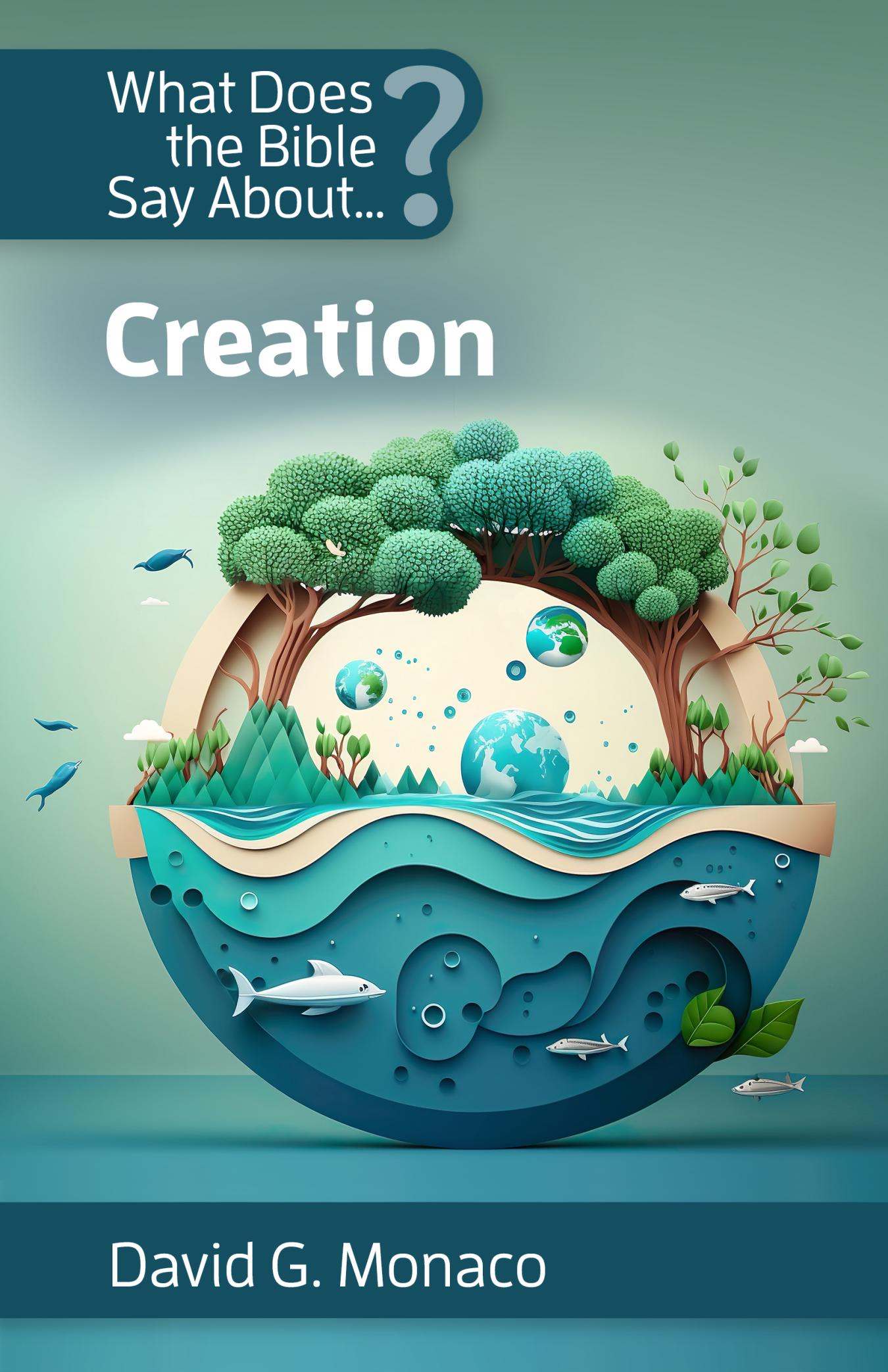
I was fourteen years old and a freshman in high school in September of 2019 when Greta Thunberg appeared at the United Nations Climate Summit in New York City with a message for world leaders—her now infamous “How Dare You?” speech. At the time, I had yet to make the connection between myself and my faith, let alone between faith and climate action. Even then, I could not get one of Ms. Thunberg’s most powerful remarks out of my head, “How dare you continue to look away?”
That same sentiment came back as I sat in my dorm room five years later, reading Pope Francis’ Laudato Si’ for the first time. Through his encyclical, the Holy Father made a request that seems simple—stop look- ing away. And yet, it seems that request has fallen upon deaf ears.
While I have always cared about the environment, I have never considered myself to be a true climate activist. Of course, there was a natural wonder that came from being human, visiting Mexiquillo Park in Durango, Mexico, admiring the mountains while vis- iting family in Denver, or simply looking at a beautiful tree in the park or a flower in my backyard. But when the headlines would showcase a new study on the less than favorable state of the planet, I would shrug and think that the scientists would handle it. I was worried, but it was easy for me to look away and continue with my life. Simply put, I felt no responsibility to think about it, let alone do something about it.
Then came the fire, otherwise known as the beginning of my Jesuit education. Throughout high school, my passion for caring for the poor and marginalized grew immensely, and it was then that I was first introduced to excerpts of Laudato Si’. Among Pope Francis’ powerful words came the spark that made me see climate change and action in a new way.
Many of the poor live in areas particularly affected by phenomena related to warming, and their means of subsistence are largely dependant on natural reserves and ecosystemic services such as agriculture, fishing, and forestry. (LS 25)
After reading this and watching the documentary The Letter, I couldn’t help but notice the way climate change impacts human rights. How rising sea levels impact small fishing communities living on coasts, how deforestation impacts indigenous communities living in the Amazon, and how increasing droughts have impacted families whose livelihoods depend on the food they grow. It was then that Greta Thunberg’s question came back into my mind. How dare I con- tinue to look away? Or better yet, why was it so easy for me to look away? And how was it so easy for the world to look away when one of the world’s biggest religious leaders had been so outspoken on the topic? I came to realize that Thunberg and the Pope weren’t just talking to people in positions of political power. They were talking to us all, because everyone has the power to make change.
Opinions ranging from “you don’t care enough” to “you care too much” have the power to discourage an entire generation, and there have been times when it has.
A discussion I have with my dad often revolves around him not believing that I care as much about climate change as I claim to, and as much as I dis- agree, his reasoning is sound. I live in a house with air conditioning in the summer and heat in the winter; so much of my school and work life rely on technol- ogy; the rideshare apps I use contribute to our city and country’s pollution; all things he mentions to support his theory that I truly do not care that much.
Perhaps unsurprisingly, it is a sentiment that I have seen from much of his generation, “If you really cared, you’d do this or give up that.” Something else I’ve heard from older generations: “Global warming is natural; it has been happening since the beginning of time.” While these claims are not untrue, they negate the fact that global warming has been hap- pening at a rate beyond what is natural, going from hundreds of billions of years down to centuries or even decades. Opinions ranging from “you don’t care enough” to “you care too much” have the power to discourage an entire generation, and there have been times when it has. Like when a call to action from the Church’s highest authority figure seems to be ignored, or how the world seems to have forgotten about Greta Thunberg already. It would seem that my generation has become numb to the fact that climate change is happening at an alarming rate.
Simply put, Gen Z wants to secure the future of the planet before moving on to solving things like the economy and housing.
The data suggests otherwise. According to Econ- omist Impact, 76% of Gen Z in the U.S. consider climate change to be one of their biggest concerns, and it is the number one concern for 37% of them. The fact is, Gen Z is anxious about the future of the planet. There’s a fear that comes with knowing that the planet we rely on for life is dying, and while it is unlikely that Earth will turn into the dystopian world that has been depicted in so many movies and novels, it is logical to be concerned for the very real effects global warming is having.
My dad’s town of Durango, Mexico just got out of a nearly three-year-long drought, a period so dry that the cacti surrounding the roads were yellow instead of their usual green. There is only so much that can be blamed on La Niña, and even then, it is rare for a phenomenon like that to last more than one year.
Simply put, Gen Z wants to secure the future of the planet before moving on to solving things like the economy and housing, things I’ve seen older generations wish Gen Z would pay more attention to. The thing is, we are filled with existential dread, and yet, what I’ve seen from my generation time and time again is an incredible ability to take that dread and anxiety and turn it into purpose. It was that purpose that fueled Thunberg every Friday leading up to her appearance at the Climate Action Summit in 2019.
I’ve made peace with the fact that I am no Greta Thunberg, and I never will be. But what I can do is continue to have tough conversations with people who don’t agree with me, who don’t see the facts, and continue to keep an open mind and learn. And sure, that might mean being uncomfortable when I see how badly the effects of climate change have impacted people around the world. But that does not mean I get to look away, or shy away from the hard conversations.
I don’t think what is happening to the planet is what St. Ignatius of Loyola meant when he said to go and set the world on fire. But with leaders like Pope Francis and Greta Thunberg, with a generation that refuses to look away, I see a fire that burns bright.
If you enjoyed this article, you might like...












